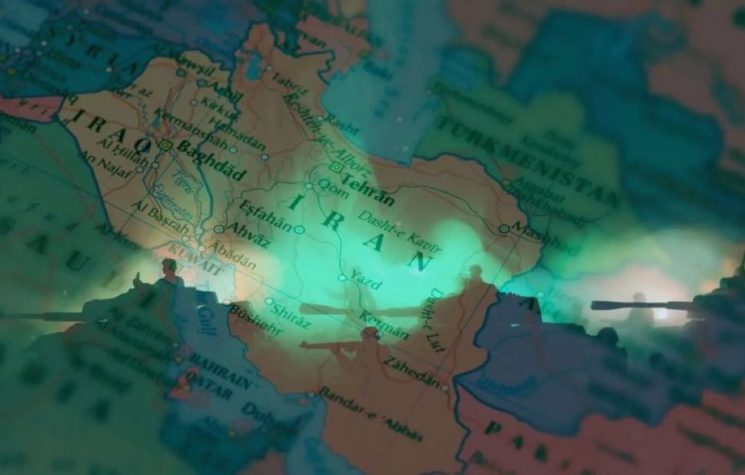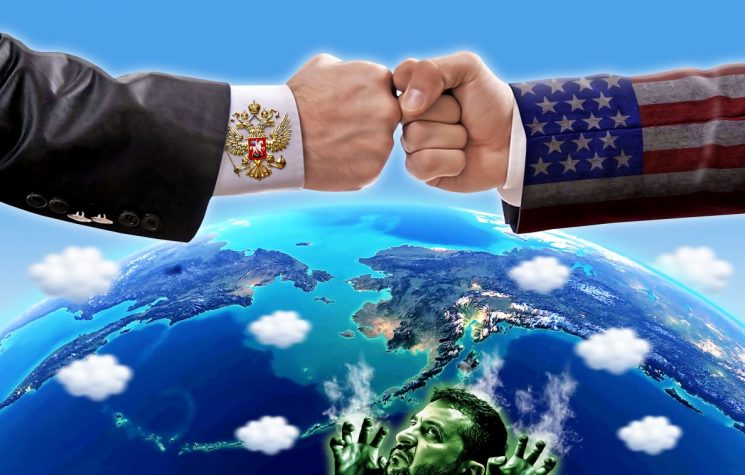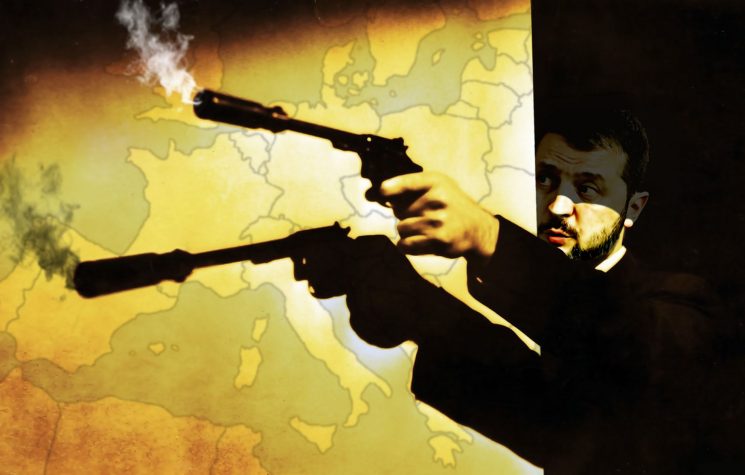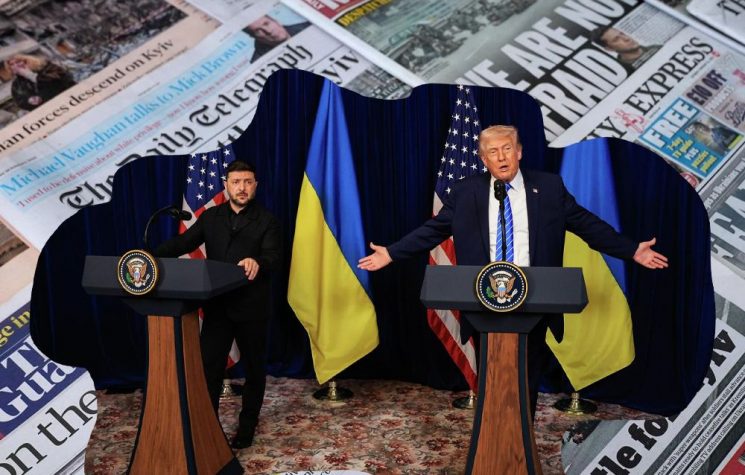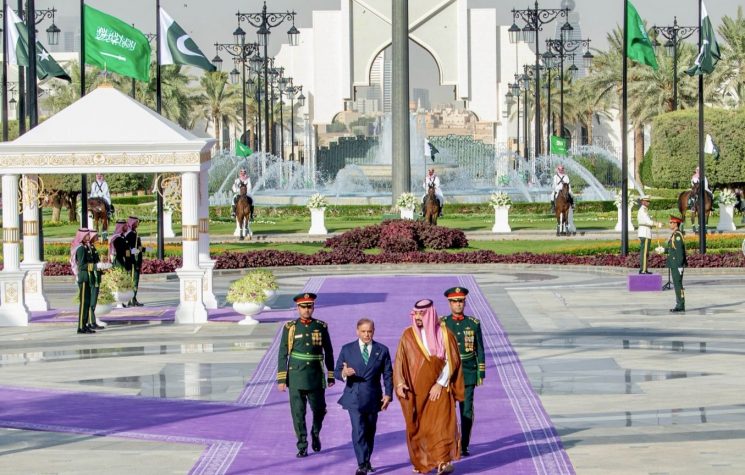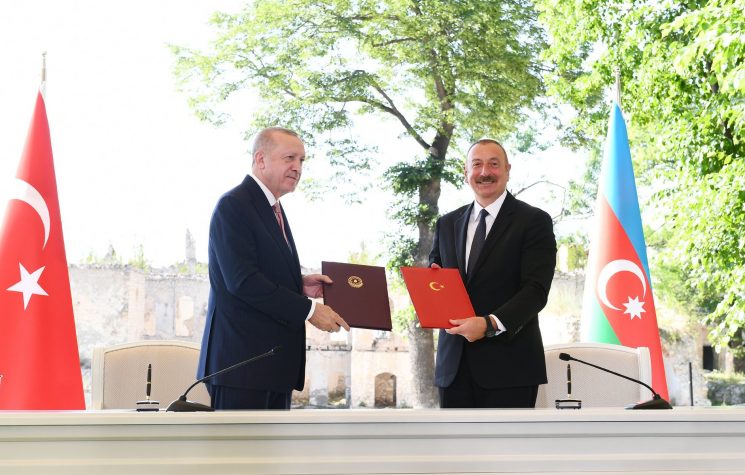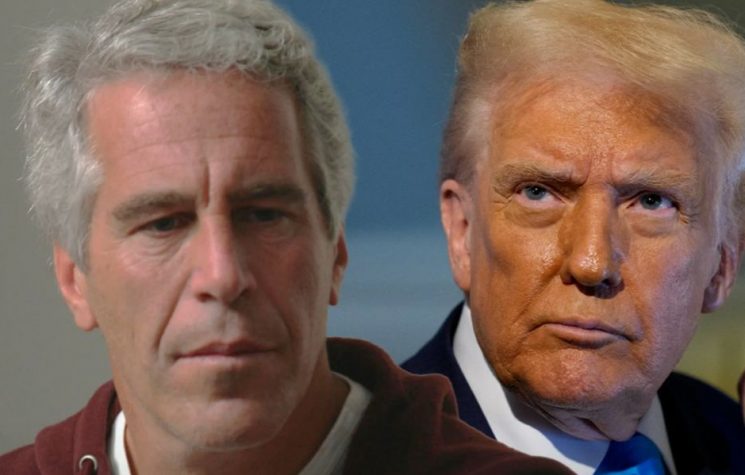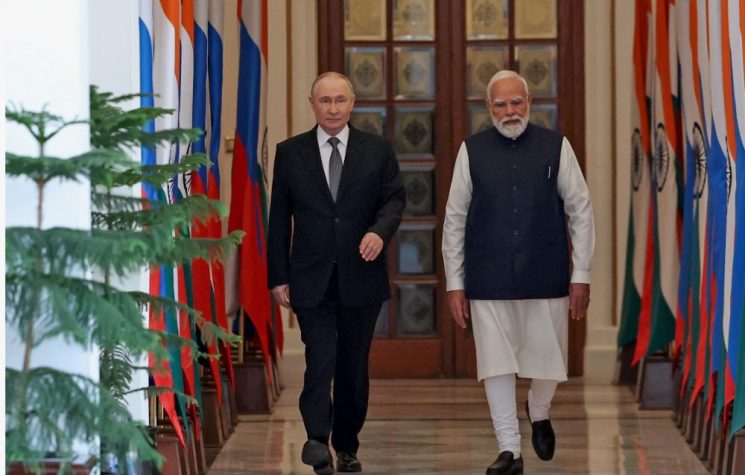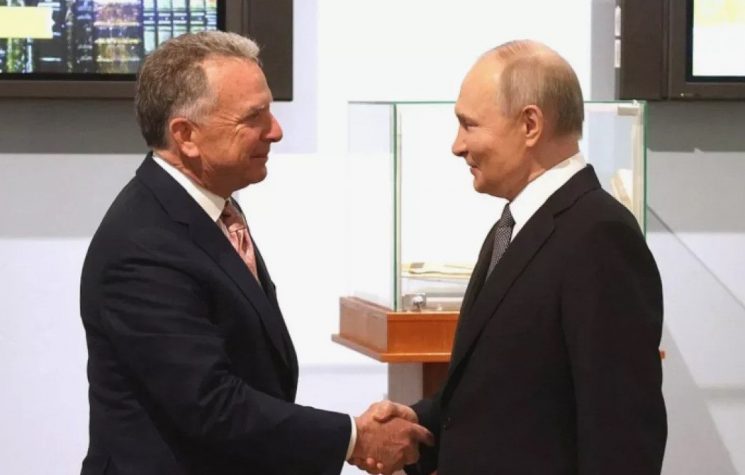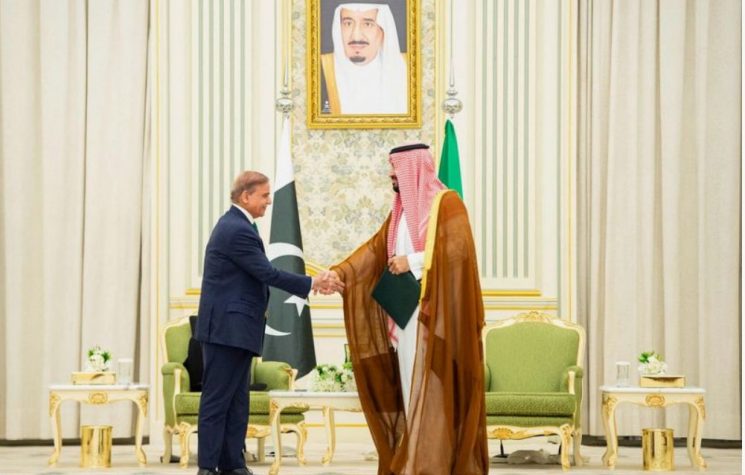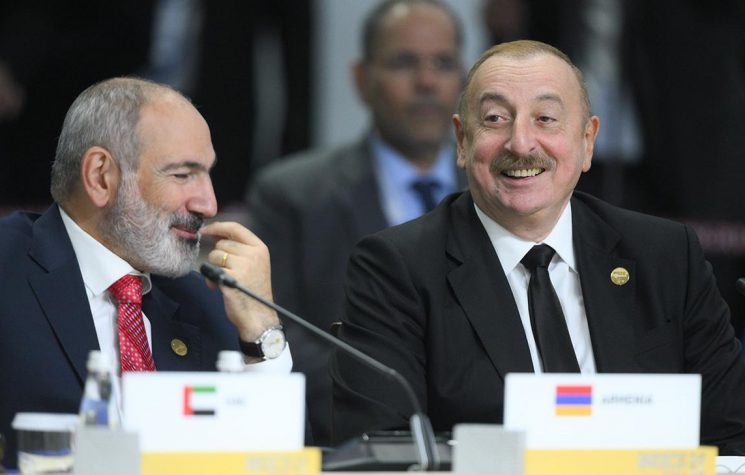This was never meant to be Yalta. Although Yalta 2.0 may eventually happen.
Contact us: info@strategic-culture.su
This was never meant to be Yalta. Although Yalta 2.0 may eventually happen. On the Victory Day parade in Moscow next May 9, celebrating 80 years of the end of the Great Patriotic War and the defeat of Nazi Germany, Putin as the host and Xi Jinping as a top guest will be in town. So might be Donald Trump. Why not have them all board a flight to Crimea and stage a Yalta 2.0 in – where else – Yalta?
“Sweet dreams are made of this”, to quote pop metaphysicians Eurythmics. Meanwhile, we didn’t have Yalta, not even Reykjavik; we had a long 4.5 hours in the royal palace of Ed-Diriyah in the Wadi Hanifa valley. Russia and the U.S. finally sat down to discuss as adults – for the first time in three years.
A delightful measure of excitement was duly provided – all related to the parties being involved in “work on normalizing diplomatic relations”. Until three months ago – under the Cadaver In The White House administration and his Secretary of Genocide – that possibility was as remote as a meteorite crashing on Earth (that will happen, but in a distant future).
U.S. Secretary of State Marco Rubio performed the super-human feat of at least not crashing in front of the Mighty Lavrov – the top diplomat on the planet. Lavrov and Rubio agreed to create a consultation mechanism to eliminate “irritants” (American terminology) in U.S.-Russia relations, and to cooperate on “issues of common geopolitical interest”, as per the State Department. BRICS might not be one of them.
Eliminating “irritants” can be easily interpreted as code for Trump 2.0 trying to find ways out of the previous tsunami of sanctions and economic warfare that only produced spectacular blowback.
The Americans predictably emphasized that “one meeting is not enough to resolve the Ukrainian conflict.” Of course not. Presidential adviser Yuri Ushakov noted that Putin himself will decide when “contacts with the U.S. on Ukraine” will begin, and who will be the Russian negotiators.
Lavrov fully debunked the existence of a three-stage plan on Ukraine, including a ceasefire; elections; and the signing of a final agreement. Carefully examining the record so far, Lavrov has always maintained that the U.S. is “non-agreement capable”.
Trump’s special envoy Steve Witkoff was positively beaming:
“We couldn’t have imagined a better result after this session.” Well, Witkoff certainly followed the money – Trump’s supreme priority – when he and the American delegation were completely “surprised” to learn that “U.S. companies lost $300 billion from leaving Russia”, as revealed by the CEO of the Russian Direct Investment Fund, Kirill Dmitriev.
As with the BRICS fiasco, looks like Team Trump also has not been doing their homework on the business front.
How the geoeconomic war was won
Based on what happened in Riyadh, it’s too early to brag that Washington under Trump 2.0 has declared that Ukraine – and his puny narco-Fuhrer – are over. A rump Ukraine will survive in some shape or form, but it’s far from clear “what” will be post-war Ukraine.
As for Russia at the forefront of designing a new world order, that seems to be the case. A New Great Game is starting, eons away from the original – British – 19th century concoction, and much closer to how a New Great Game was perceived in the early 2010s, when the Chinese came up with the New Silk Roads concept.
When we have Washington and Russia now proclaiming to “consider each other’s interests”, that automatically means the Empire of Chaos losing its previous leverage and now being forced to sit on the table and listen (Lavrov emphasized we actually heard each other).
When both delegations stress that a personal Trump-Putin meeting is very complicated to schedule, that can certainly be interpreted as code for how the U.S. Deep State will be forced to spin what is a de facto unmitigated strategic defeat in a failed proxy war.
Beyond the proverbial torrent of spin on what are Trump’s real motives to get closer to Russia, generating even delightful intimations of a hallucinatory magic carpet ride – to the sound of Steppenwolf and Jefferson Airplane – it’s all possible this may only be a fictional ride.
Or something way more sinister: Trump setting up the European rabble for a new Great War against Russia before 2030, with the Americans watching from afar.
What is certain is that Trump wants to normalize Russia to stop losing money in Ukraine – let those European patsies pay up – and concentrate on the real nitty gritty: the tech and geoeconomics war with China, which Beijing in several layers has already won without launching a single HIMARS, instead concentrating on the achievements of the Made in China 2025 plan.
As for the EUro patsies, which Trump positively abhors, they gathered together in Paris for a glorious counter-summitry non-event: the League of Losers, discussing, what else, their Forever War, and how they are going to dispatch their “peacekeeping” forces – that they don’t have, with weapons they don’t have – to Ukraine.
That mutt posing as British PM is promising to put “boots on the ground” while the toxic Medusa von der Lugen continues to vociferate in her rabid warmongering chihuahua best. Even other rabid dogs such as Poland, alongside poodles Germany, Italy and Spain said “no” to the Brit Dr. Martens avalanche.
As it stands, what happened in Riyadh was just a first step – a U.S.-Russia reconciliation of sorts, like the long detente of the late 1960s and mid-1970s; Gorbachev-Reagan in 1986-1989 and Gorbachev-Daddy Bush in 1989-1991 (that finished with the collapse of the USSR); and Medvedev-Obama in 2009 (that ended with the destruction of Libya).
So for the moment we have zero facts. Apart from what Russian forces are continuing to create in the battlefields of Novorossiya. These new facts on the ground will make things even more dire for the Americans, as the ultra-problematic Ukraine negotiation will stretch for at least a few months.
Let a sobering Lavrov have the last word: “When national interests align, we need to do everything to unite efforts on these tracks, for the sake of mutually beneficial projects, both in the geopolitical sphere and economic affairs.” Lavrov is convinced that the Americans now “have a better understanding of our position.”
Will that be the case – or will this just be another chapter in a relentless reality show? Let the New Great Game really begin.



















